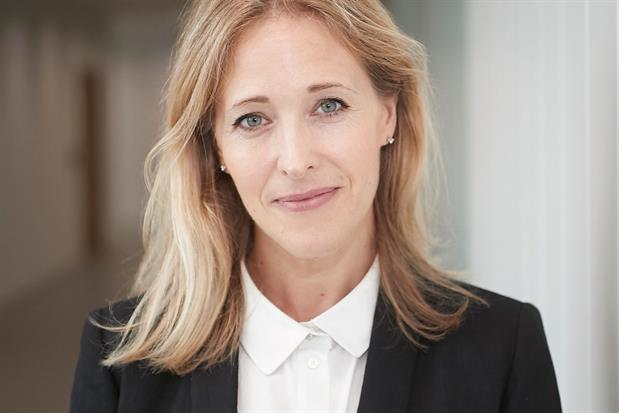I consider myself to be lucky. Lucky in terms of the breaks I got in my career, lucky to have had the opportunity to work with some of the industry’s finest over the years, and most latterly, lucky to have been asked to join Charlie Rudd, Mick Mahoney and Kevin Chesters onto the management team at Ogilvy.
I work in production. I always have, whether that’s as a production company producer in advertising, on short-film dramas, feature films, agency production, or managing other producers at Google’s Creative Lab. I’ve seen many sides of production, but that’s always where I’ve been. And I’ve loved it.
And now as chief production officer at Ogilvy (a new role for the network, and increasingly followed by other leading agencies), I feel that being asked onto the top table, to genuinely contribute to management decisions and the shaping of an agency is the pinnacle of my varied career.
But is it luck? Or is it sound judgement?
I’d like to argue it’s the latter. And I’d like to propose that it’s critical to continue the trend of acknowledging production as part of an advertising management team.
There are three main reasons why.
Firstly, the proliferation of deliverables is unprecedented. When I started in this business, agencies produced TV, print and radio. The TV production department was fondly referred to as "the typing pool".
I don’t need to list the media options that have evolved since 1990, but suffice to say the total number of content platforms has risen to over 400. And the amount of content we produce has grown exponentially as a result. Producers are critical to this explosion – the connectors who can either adapt existing methods to fit new deliverables or create new ways of getting stuff made are key.
Secondly, clients are demanding more of agencies in terms of agile, cost-effective production solutions. Most agencies have responded by creating some kind of in-house offering, where the lower-budget, simpler content asks can be solved. Clearly clients still demand the highest quality, and so producers have had to turn their hands to running very effective and efficient businesses while retaining the high standards of creative work their chief creative officers demand. We are commercially critical to both our agency masters and our clients. We’re trained in making budgets work – we are now doing that on a much larger scale, and with far greater responsibilities.
Finally, the way a production brain is wired is absolutely critical to a modern advertising environment. From the Harvard Business Review to Entrepreneur.com and Business News Daily, the characteristics deemed key to business success in employees today are inherent to producers: communication skills and relationship builders; flexible problem solvers; jugglers of tasks and time; big picture planners with 3D mapping brains; resilience; connectivity – oh those beloved black books. We bring to the table an approach to challenges that can step back from the complexity and help forge clear paths forward in a way no other department is able.
What we need to create is an ambitious career path for producers that has the same opportunity of reaching management as any other department. This will mean heads of production like myself will be able to hire from a wider talent pool – aspirational careers and inspirational people.
I would like to see the value of producers recognised by agencies, by the advertising media (let’s have producers on the A List next year, ±±ľ©Čüłµpk10), and by the universities who send graduates into the world.
Here is my rallying cry to the industry: the days where production was responsible for booking taxis disappeared about 20 years ago. Shame on any advertising professional who has not caught up to the fact that good production is critical to the success of any creative endeavour. Modern advertising, you are too fleet of foot to not bring the producers of the world with you.
Clare Donald is the chief production officer at Ogilvy & Mather London.


